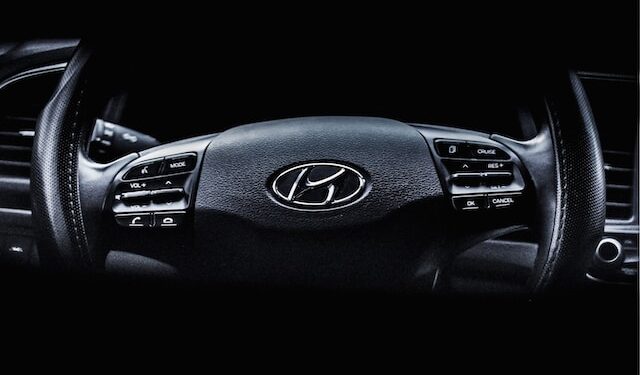In a swift resolution to a class-action lawsuit stemming from a popular TikTok challenge, Hyundai has agreed to pay a settlement amounting to $200 million. The settlement is intended to compensate approximately 9 million owners of Hyundai and KIA vehicles in the United States. Of the total sum, about $145 million has been allocated to cover out-of-pocket losses experienced by customers whose stolen or damaged cars were not covered by insurance. Additionally, the companies have pledged to cover insurance deductibles, higher insurance premiums, and other related expenses.
The scope of the settlement encompasses a wide range of Hyundai and KIA models released between 2011 and 2022, including popular vehicles such as the Elantra, Santa Fe, Tucson, and the 2011-2014 Genesis Coupe. Owners facing a total loss of their vehicles will be eligible to receive up to $6,125, while compensation of up to $3,375 will be provided for damage to the vehicle and personal property.
In response to the security flaw highlighted by the TikTok challenge, Hyundai and KIA have already introduced a dealership-installed update. This update aims to enhance theft prevention for specific models, including the 2017-2020 Elantra, 2015-2019 Sonata, and 2020-2021 Venue, by disabling push-to-start functionality and extending the alarm system. By June, other eligible vehicles will also receive the necessary updates. As part of the settlement, Hyundai and KIA have further committed to offering up to $300 to assist drivers in purchasing anti-theft devices. The companies have already provided “tens of thousands” of free steering wheel locks to affected customers and facilitated AAA insurance options for those who encountered difficulties in maintaining coverage.
The “KIA Challenge” gained popularity in mid-2022, when TikTok user “Kia Boyz” shared videos demonstrating how to hot-wire Hyundai and KIA vehicles lacking anti-theft immobilizers using USB cables. Shortly after the challenge went viral, incidents of theft involving these vehicle makes surged, prompting the involvement of the National Highway Traffic Safety Administration. Disturbingly, at least 14 crashes and eight fatalities were attributed to the consequences of these viral videos.
While the settlement resolves the high-profile court battle with owners, it does not necessarily eliminate potential lawsuits from cities such as Cleveland, San Diego, and Seattle. This incident underscores the substantial cost of security issues in the era of social media, highlighting how even minor vulnerabilities can quickly become public knowledge.







![How to enable dark mode on Instagram [year] 7 2025 Instagram dark mode guide](https://techtout.com/wp-content/uploads/2023/01/dark-mode-instagram-120x86.jpg)
![Best Metal Gaming Laptops [year] 8 2025 Best metal body laptops on Amazon](https://techtout.com/wp-content/uploads/2023/05/best-metal-gaming-laptops-120x86.jpg)
![25 popular Linux distros [year] 9 2025 Most popular Linux distros in 2023](https://techtout.com/wp-content/uploads/2023/08/popular-linux-distros-120x86.jpg)
![Instagram story decoration Ideas in [year] 10 2025 A photo of a person using Instagram on iPhone, showing Instagram stories decorations](https://techtout.com/wp-content/uploads/2023/02/decorate-instagram-stories-120x86.jpg)
![10 Best Browsers for iPhone in [year] 11 2025 Best iPhones browsers](https://techtout.com/wp-content/uploads/2023/05/best-iphone-browsers-120x86.jpg)
![Top 9 lifestyle apps that will improve the quality of your life in [year] 12 2025 Lifestyle apps for IOs and Android users](https://techtout.com/wp-content/uploads/2023/07/top-lifestyle-app-120x86.jpg)


![11 Latest Instagram Tips and Tricks [year] 16 2025 high angle photo of a mobile](https://techtout.com/wp-content/uploads/2020/08/instagram-profile-scaled-1-120x86.jpg)








